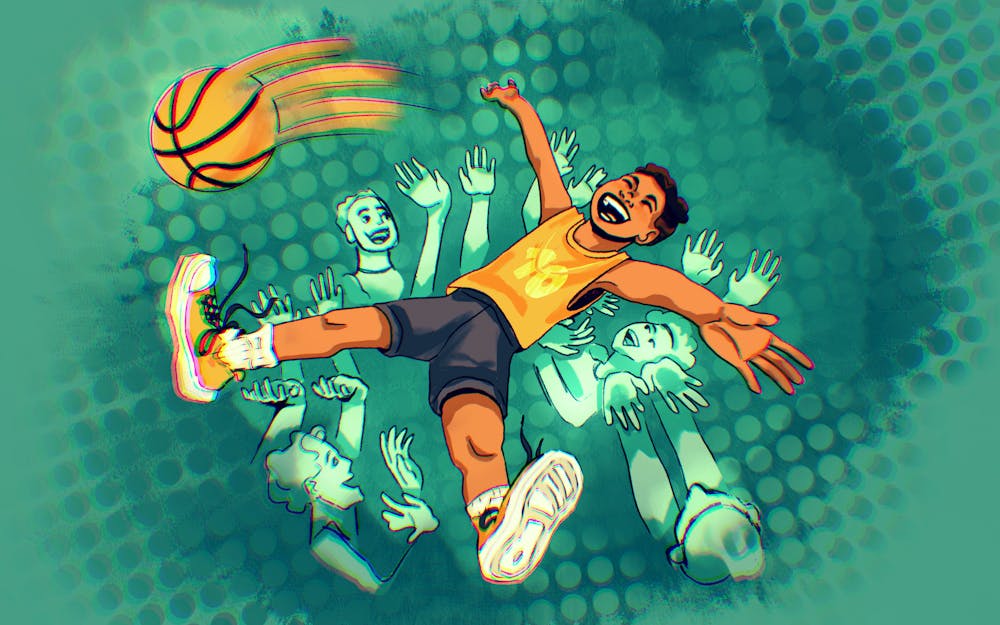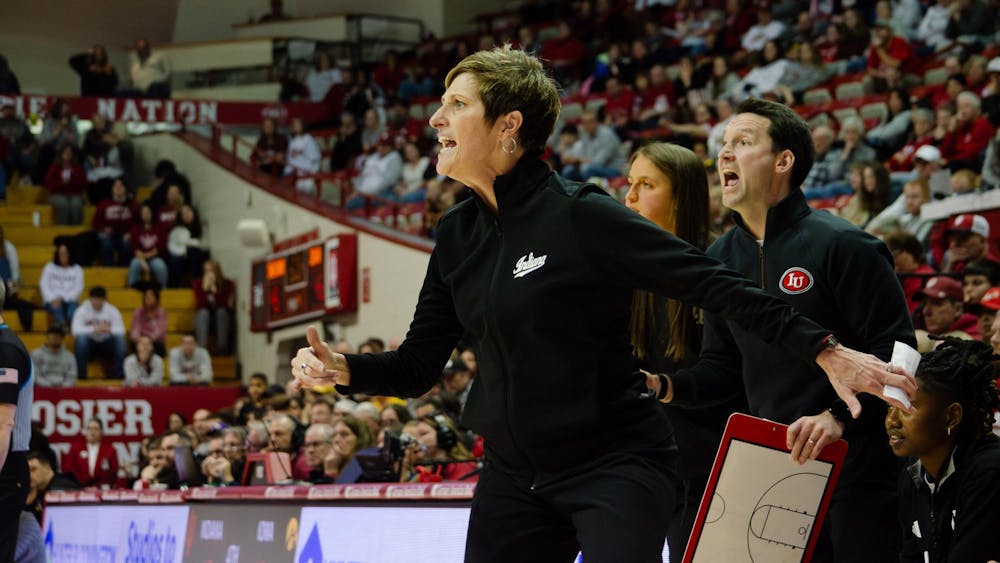It feels good to see a person who has everything against them succeed. We cheer for teams that come out of nowhere for the win. Take David and Goliath, a story that has remained relevant for thousands of years. These stories are woven into the beating heart of our culture. Whether it be an underdog story in a movie like “Breaking Away,” a sports team, like the Detroit Lions, or someone who starts from nothing and works their way up in the world, we are here for it. But why does rooting for the underdog make us feel so good?
College basketball is a sport full of upsets, especially during March Madness. We turn on all our devices in hopes of the rare 16-seed bringing an end to a one-seed season. See Purdue losing to 16 seed Farleigh Dickinson last season. A majority of the people watching root for the underdog. We even side with the underdog in fictional matchups. According to Vox, “In one study people who read descriptions of two fictional basketball teams playing each other in a seven-game series rooted for the team described as the underdog 88.1 percent of the time.”
One reason is that we relate with an underdog and see ourselves in them. We all go through challenges in life, and we’re not always lucky enough to succeed. So, when we see other humans conquer a goal or even come close, that’s something worth celebrating. Sushmitha Hegde of Science ABC says, “In short, we root for the underdog because we can relate to them. We identify with their struggle, their passion, and their resolve to push forward despite being in a disadvantaged position.”
One theory by UC San Diego researcher Nadav Goldschmied, is that we root for the underdog because we don’t want to see the powerful continue to grow stronger. The term “Schadenfreude” is the enjoyment of seeing another’s misfortune. We dislike seeing powerhouses succeed, so we root for them to lose. To stick with the basketball examples, I feel schadenfreude when Duke loses.
“Ted Lasso” is a popular TV series that celebrates the underdog. Its episodes are full of struggles and triumphs — both on and off the field. Each character has their own mountain to climb, and sometimes they succeed, sometimes they fail. When I watched the show, I found myself cheering the most for the characters who never quite seem to get ahead. and, rooting against the players and team owners who, at the height of success, are not likable.
Rooting for the underdog is often used to discuss sports, but the feeling extends to other areas of life. Some of the best underdog stories are about people who, against all odds, overcome obstacles to find success. And success might be different for each person – a solid career, beating an illness, excelling at a hobby, or finding true love. According to Psychology Today, the underdog story is part of the American dream. “Economically or socially ‘moving up’ in the world is paramount in the context of American culture. It’s not just where you wind up, but how far you’ve climbed to get there.”
Turning on the news and seeing a feel-good story about someone who has reached their American dream brings us joy. Personally, I’d rather see more stories about an immigrant who opened a new restaurant or a librarian who writes her own book than the tales of Elon Musk and his billions of dollars.
Underdog stories are everywhere in American pop culture, sports and real life. It’s ingrained in us to root for people with the deck stacked against them. In the end, maybe our love for underdog stories is about keeping up hope. We’re reminded that we can also dream big, and, with hard work and some luck, we might have our own story to tell.
Jack Davis (he/him) is a freshman majoring in journalism.






